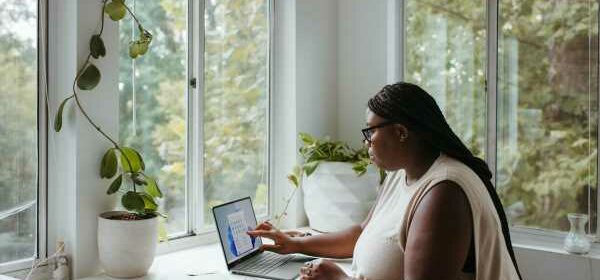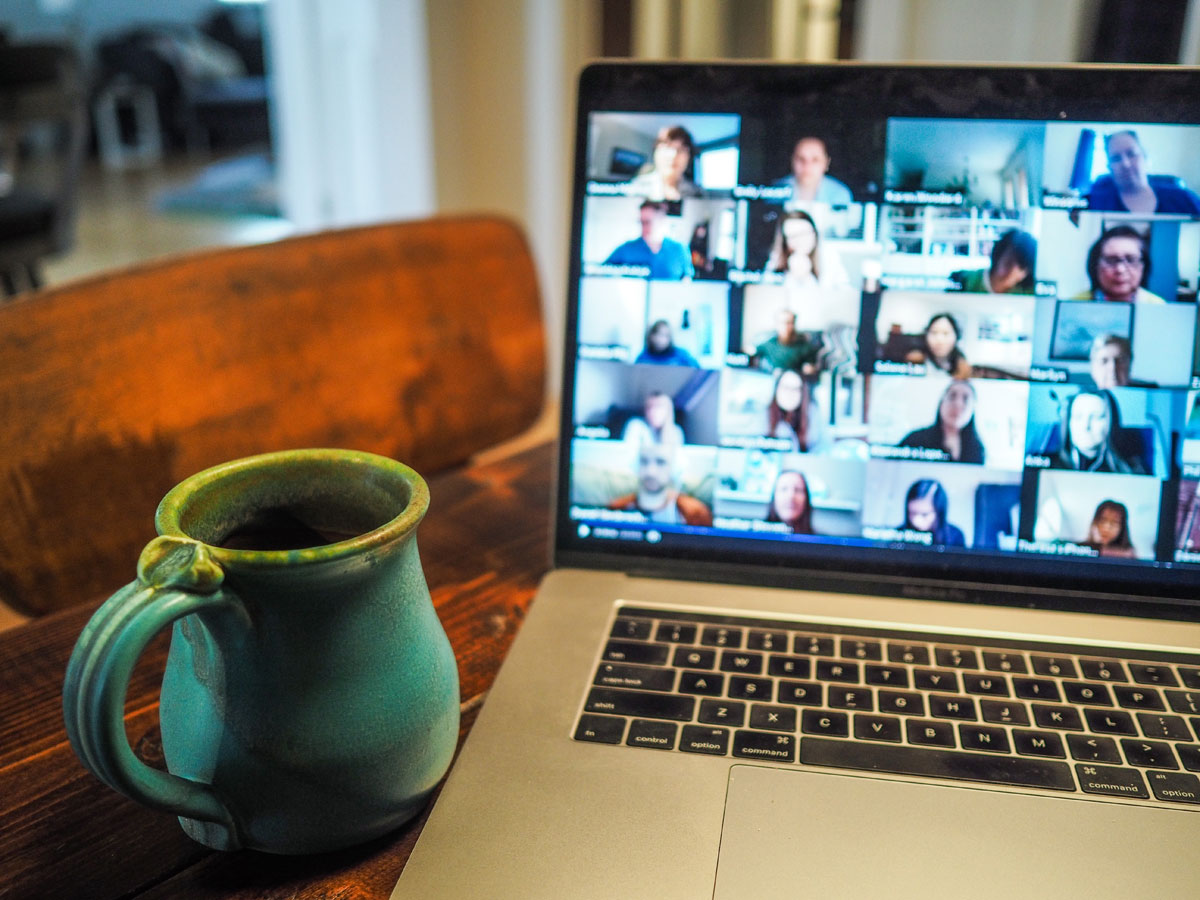Remote workers are more efficient and work harder, according to studies

It’s hard to remember pre-pandemic work life, with commutes to airless offices where we were often distracted. Some companies have since returned to in-office work (which often makes people quit to find remote jobs), while others have hybrid and work from home options. The Hill reported on several studies of remote workers, including a study of over 60,000 Microsoft employees, that showed promising results. It turns out that at-home work is more efficient and that people who work from home work longer hours. People also prefer to work at home now.
Several studies suggest remote and hybrid employees actually work slightly longer hours than their office-bound colleagues, findings echoed by an avalanche of anecdotal evidence gathered from millions of teleworkers in the past three years.
One of the most celebrated studies, which tracked more than 60,000 Microsoft employees over the first half of 2020, found that remote work triggered a 10 percent boost in weekly hours.
Remote employees are working more, in part, because they are commuting less. Another landmark study, based on data from 27 countries, found that remote workers saved 72 minutes in daily commuting time. On average, employees spent about half an hour of that extra time engaged in daily work: more than two hours a week.
Not only do remote workers log longer hours, but they also seem to get work done at a faster clip. An oft-cited, pre-pandemic study of workers in a Chinese travel agency found a 13 percent boost in performance for home workers. They worked more hours per shift, and each hour was a bit more productive.
The success of America’s remote work experiment may have been a self-fulfilling prophecy.
In the early pandemic months, some remote workers felt imprisoned in their homes. In hindsight, however, that ennui was probably more about the pandemic itself than remote work, which has proven wildly popular.
Gallup polling shows a dramatic rise in the share of Americans who prefer to work at home at least part of the time, from 40 percent in 2019 to a near-unanimous 94 percent in 2022.
Some workplace experts theorize remote workers have an incentive to work harder: They don’t want to lose the privilege of working at home.
[From The Hill via Yahoo]
I didn’t excerpt this last part, but the end of the article has a quote about people allegedly working multiple full time jobs from home without informing employers. This is likely very rare and over hyped due to a few TikToks going viral. Popularizing these stories benefits employers who want to crack down on people working from home. Office work supports management, who are often less necessary under remote models, and bosses, who want to monitor and control workers. It’s nice to have the positive social aspect of working in an office, but that only goes so far in helping people be productive. Hopefully these studies will convince companies to support an at-home workforce. I don’t care too much about office buildings going empty, but I know there’s a whole industry around that. They seem like a throwback and something we should have abandoned as soon as the technology was available to work from home.
Also, just because we’re working from home doesn’t mean the days should be filled with meetings. That’s also a throwback and a time waster.
photos credit: Windows, Daniel Thomas, Chris Montgomery and Bruno Cervera on Unsplash
Source: Read Full Article



